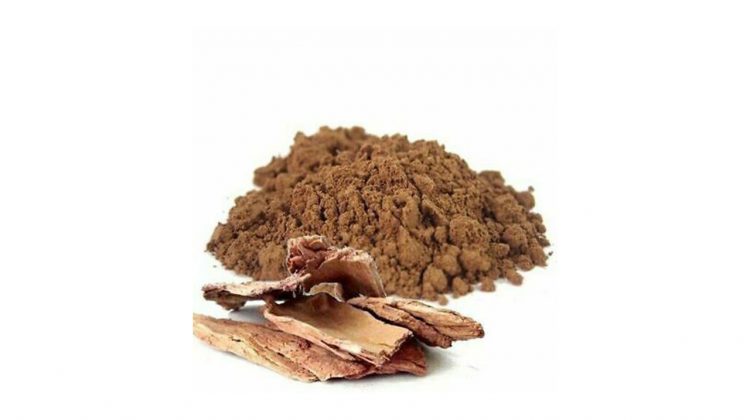FERTILITY AND PROCREATION – SPRING SEASON IS THE IDEAL TIME
Ayurveda recommends very specific Dinacharya (daily activities to be done at different times during the day) and Ritucharya (eating habits and lifestyle according to a particular season), for promoting and maintaining a healthy life. Previously, we had discussed the topic of “Detox” in Autumn, and in Winter we










